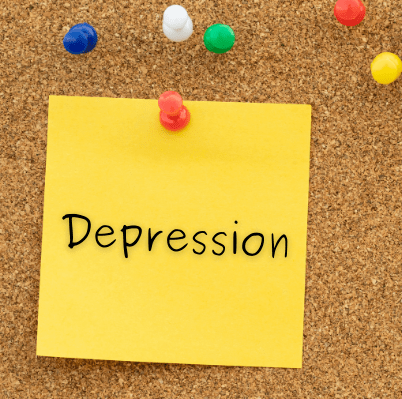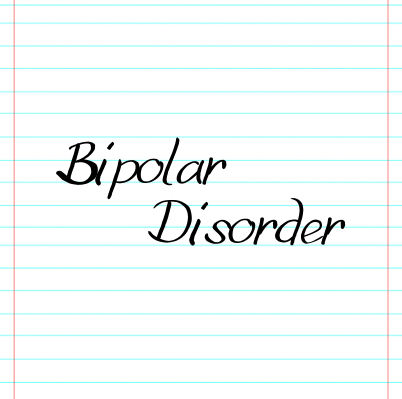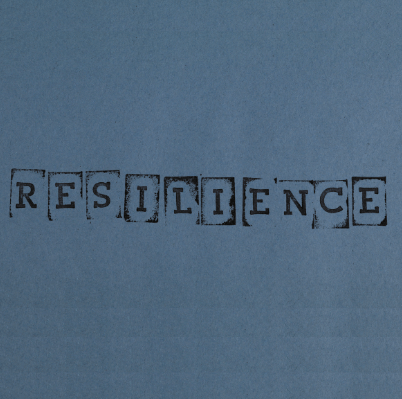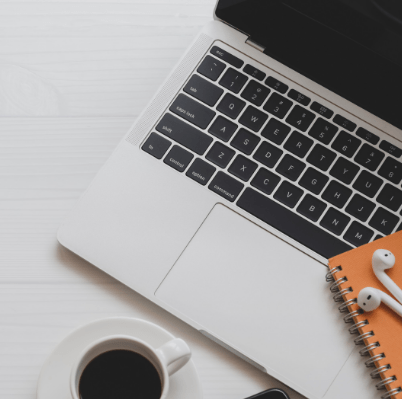Anxiety is a very common condition and something we will all experience at some stage in our lives. It is a natural response to danger and/or perceived danger. Its function is to increase a person’s ability to respond to threat, encouraging fight or flight when something does not feel right.
While a certain amount of anxiety can help us focus or keep us safe, it becomes a problem when our anxiety is disproportionate to particular situations and/or it is starting to interfere with everyday life, relationships and behaviour.
How does anxiety affect me?
Physical effects can include:
- Racing heart
- Sweating
- Rapid breathing
- Disturbed sleep
- Tense muscles
Other effects can include:
- Excessive and undue worrying
- Morbid thoughts
- Feelings of panic / panic attacks
What can I do?
There are many different tools and techniques that you can learn to help you to manage mild anxiety. However, if you are experiencing significant anxiety that is impacting negatively on your day to day life, we recommend speaking to your GP or a mental health professional. To find a GP in your area, contact the Irish College of General Practitioners on 01 676 3705.
Overview of Aware’s Services that you may find helpful.
Finding the words: How to talk to your GP about your mental health.
Learning to cope with anxiety
- Identify the times or situations where you get anxious. Think about the factors in your life that may be contributing towards your anxiety. Anxiety is likely to worsen at times of increased stress.
- Consider accessing support services such as talk therapies. Cognitive behavioural therapy (CBT) is a widely used and effective therapy for anxiety disorders. CBT can help you understand the relationship between thoughts, feelings and behaviours and equip you with the tools to break the cycle of unhelpful thinking and behaviour. Aware offers free evidence based group and online programmes based on the principles of CBT. Learn more here.
- There are lots of different ways to encourage your body and mind to relax which can reduce anxiety in the moment and long-term. Some examples include breathing exercises, yoga, mindfulness, meditation, body scanning and practising self care.
- It’s really important to prioritise and take care of your physical health. There are strong links between physical and mental health and we encourage everyone to exercise regularly, spend time outdoors in nature, eat a balanced diet, maintain a good sleep routine and limit alcohol and coffee consumption.
Above all, you do not have deal with anxiety on your own.
Reach out to family and friends, use the support that is available.
Keep support line numbers close to hand and consider attending a support group. Talking to someone who understands can bring reassurance and enable you to learn new coping skills
Aware has a number of free services that offer support and information, find out more >>
Helpful talks on anxiety
If you would like to do some further reading, please see Aware’s Recommended Reading List.
Understanding and managing
mental health in uncertain times
The role of self-compassion in
anxiety and depressive disorders
Feeding your mental health
Sleep well to live well
Understanding and managing anxiety
Don’t believe everything you think







